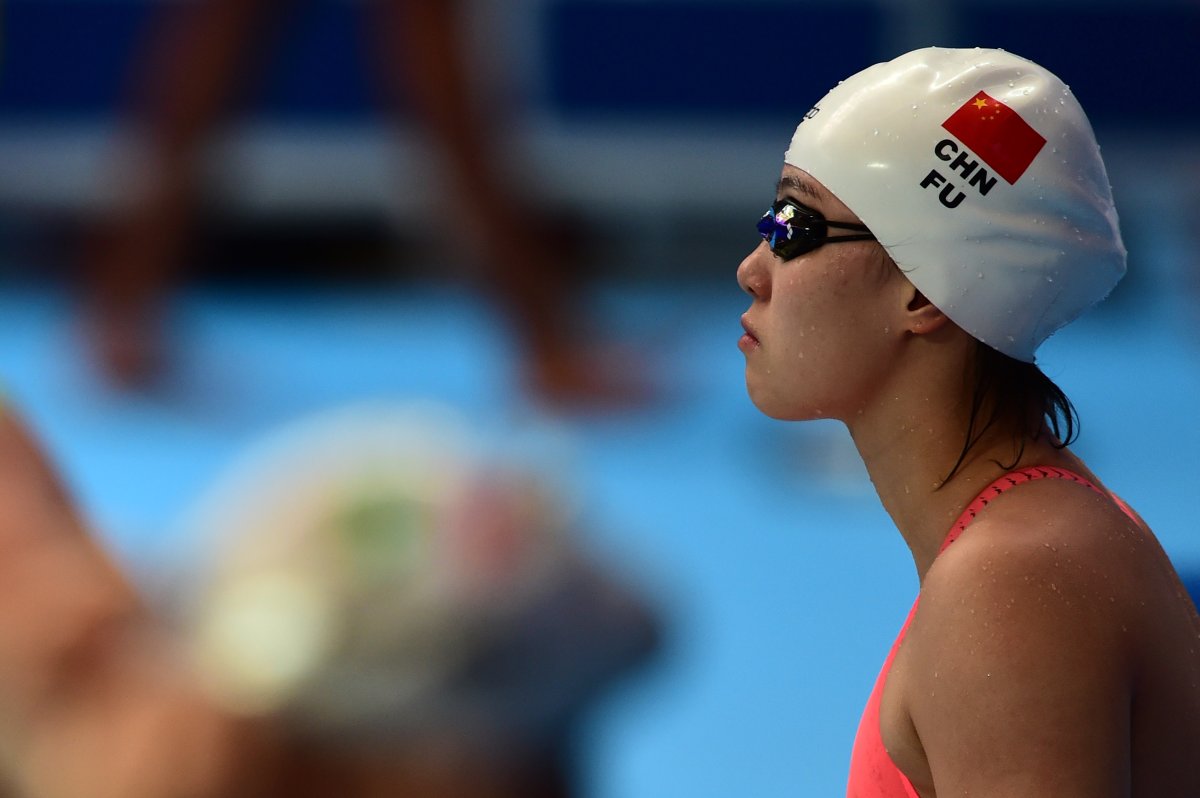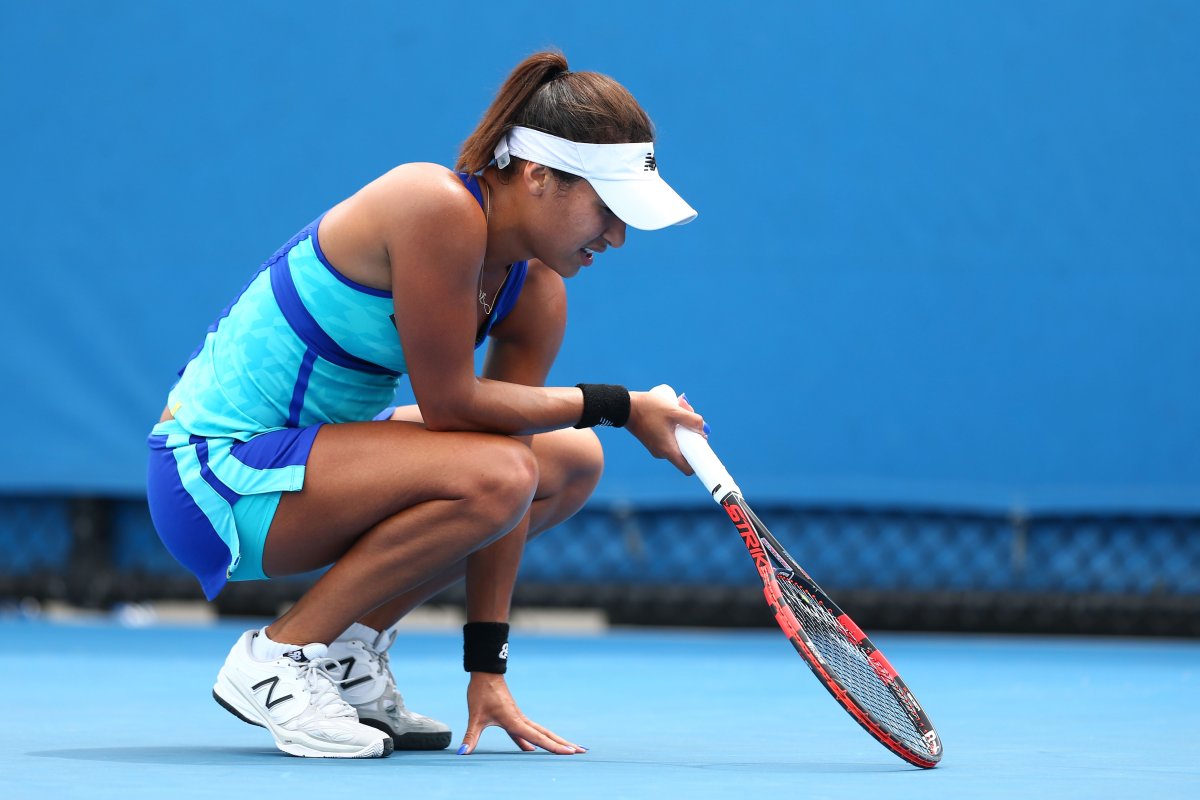Chinese swimmer Fu Yuanhui has made waves and won hearts at the Rio 2016 Olympics with her post-race reactions.

Her latest candid confession came over the weekend, when she blamed her less-than-stellar swim time on that time of the month.
“My period came last night and I’m really tired right now,” she told a Chinese news outlet. “But this isn’t an excuse, I still did not swim as well as I should have.”
READ MORE: Meet Fu Yuanhui, China’s bronze medal (when swimmer and Rio’s resident comic
The team came in fourth in the 4×100-metre medley relay. Yuanhui apologized to her three teammates for her performance and was seen crouched on the ground before her interview, visibly in pain.
It prompted the reporter to ask: “Your stomach must hurt a lot right now?”
She’s not the first athlete with period problems
British tennis star Heather Watson’s first-round defeat at the 2015 Australian Open thrust periods into the public eye. She called for a doctor towards the end of the first set, and later told BBC Sport she felt “very light-headed and low on energy.”
Watson called it “girl things.” Others called it “the last taboo in sport.”
Instead of sweeping periods under the rug, Ruth Holdaway, the chief executive of Women in Sport, stressed that it’s important to realize the “potential impacts of the menstrual cycle for female athletes.”
“This is not an issue that should be taboo for sport and is undoubtedly a subject which would benefit from greater understanding and openness.”
So how exactly do periods affect performance?
Women in Sport’s 2010 research found a link between menstruation and a “reduction in aerobic capacity and strength” in some cases. And of course there’s the issue of cramps.
It’s something that can be difficult to study, though, in part because women’s cycles — and the way their body reacts to a period — can vary vastly.
The impact on athletic performance can depend on how heavy the flow is, where a woman is in her cycle, as well as her sport.
Those who do (anerobic) activities such as short (50- or 100-metre) sprints are less likely to be affected by a period than those engaged in (aerobic) long-distance events (of more than 1,500 metres). That’s according to Jason Vescovi, a professor at the University of Toronto’s department of Human Physiology and Performance.
“On the distance side, there’s evidence that there could be a two to three per cent reduction in the maximum ability to perform,” he said.
Andrew Bosch, a professor in the University of Capetown’s Division of Exercise Science and Sports Medicine, has noticed the effect on top female distance runners.
“Quite a few female athletes I have worked with perform below par just prior to the onset of menstruation.”
READ MORE: Should women be entitled to time off work during their periods?
As a result, some athletes may try to regulate their periods through oral contraceptives if a competition coincides with a low performance time in their cycle.
It’s usually all closely monitored. On the British women’s field hockey team, for instance, the strength and conditioning coach gets an email on Day 1 of every player’s period.
“It’s something we didn’t want to take any chances on. You get to the final of an Olympics, you want to control every aspect of your performance,” Ben Rosenblatt told the Guardian last year.
But it’s not all bad. Players might see a slight increase in performance in the late follicular phase (around mid-cycle), Bosch said, compared to other phases of the cycle.
Progesterone and estrogen levels fluctuate throughout the typical 28-day cycle and affect the body in different ways.
Progesterone rises substantially in the second half (after ovulation), according to Vescovi, and can raise core body temperature by upwards of one degree Celsius. If you’re playing at the Austalian Open in Melbourne, where it can get incredibly hot and humid, the extra heat may hinder performance.
During the first half of a cycle, on the other hand, Vescovi explained blood oxygenation — which is especially important to endurance events — may be affected.
“If there’s very heavy menstrual bleeding then there’s some evidence that hemoglobin, which is in our blood and carries oxygen through the system … the hemoglobin would be decreased, which could potentially impact someone’s performance,” Vescovi said.
“[The Chinese swimmer] could’ve been impacted on that given day in a way that another athlete wouldn’t have been.”
Whatever the impact, one thing is certain: at least the once-taboo topic of a woman’s period is having an Olympic moment.





Comments